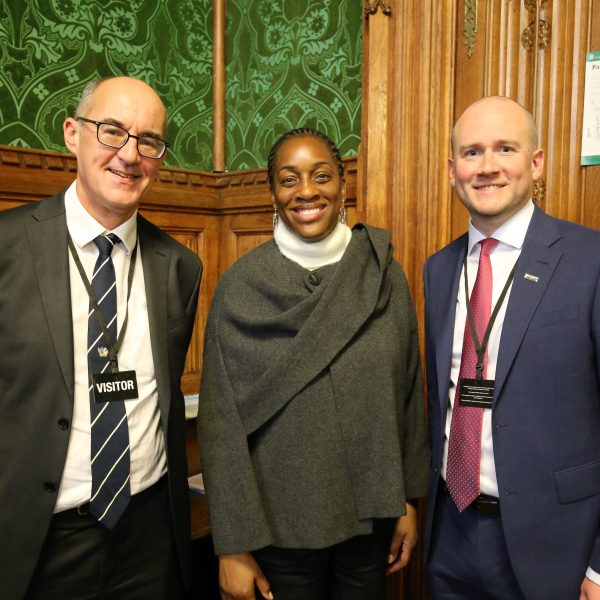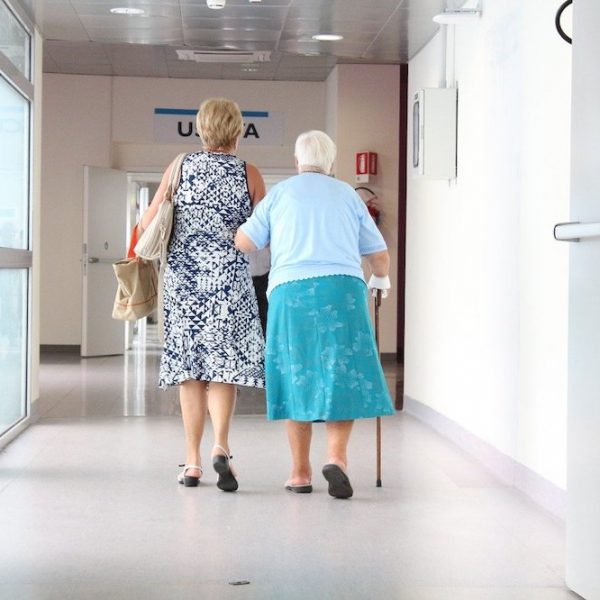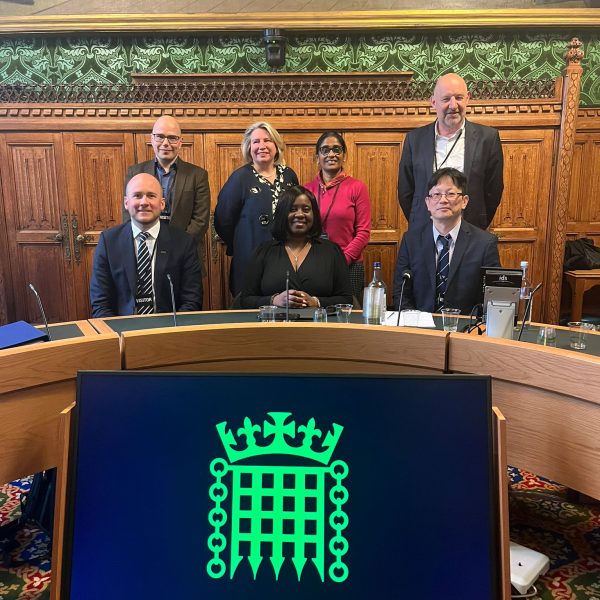
Ophthalmologists’ voice included in parliamentary discussions
President Ben Burton represented College members at an All-Party Parliamentary Group (APPG) for Eye Health and Visual Impairment at Westminster on 15 November.
Read the latest RCOphth news updates and guidance here.

President Ben Burton represented College members at an All-Party Parliamentary Group (APPG) for Eye Health and Visual Impairment at Westminster on 15 November.

The influential thinktank Reform has published a report highlighting the scale of follow-up backlogs in England, with ophthalmology the specialty with the most patients waiting for follow-up appointments. RCOphth Policy Manager Jordan Marshall summarises the key points from the report and what needs to happen next.
We have provided evidence to the Academy of Medical Royal Colleges (AoMRC), which is responding to the UK COVID-19 Inquiry on behalf of all members. RCOphth Policy Advisor David Murray summarises the key points from our response, which recommends four actions to ensure UK ophthalmology services are resilient and able to deliver sufficient patient care and training opportunities during and after the acute stage of a future pandemic.

The Department of Health and Social Care has today published its Elective recovery taskforce implementation plan. The plan covers England and focuses on ‘increasing the use of independent sector capacity across a broader range of specialties, helping to get NHS waiting times down and ensuring every patient can realise their right to choose where they receive their NHS care’.

What was the experience of ophthalmologists in training in 2023, and how does this compare to previous years? Jordan Marshall, RCOphth Policy Manager and Sam Simpson, specialty trainee and Ophthalmologists in Training Group (OTG) representative, summarise the key findings from the GMC’s 2023 National Training Survey.

The Academy of Medical Royal Colleges (AoMRC), in partnership with NHS England, has published a new set of ‘evidence based interventions (EBI)’ including measures for ophthalmology. The guidance aims to increase ophthalmic capacity in England by improving efficiency in the referral pathways for diabetic retinopathy, glaucoma and cataracts into hospital eye services. Implementing these changes will require clinicians and commissioners to work closely together, ensuring effective pathways are developed that are properly resourced.

In November 2022, The Royal College of Ophthalmologists Paediatric Sub-committee held a series of focus groups to explore the challenges facing paediatric eye care and identify possible solutions to secure the future of the workforce. Following the conclusion of these focus groups, the RCOphth has produced ‘Improving the visibility of paediatric ophthalmology: A workforce report‘ detailing key findings

The Royal College of Ophthalmologists President, Professor Bernie Chang, joined the All-Party Parliamentary Group for Eye Health and Visual Impairment to deliver a presentation on the findings of the College’s 2022 workforce census. Joining Parliamentarians and sector leaders, Professor Chang detailed the extent of the workforce shortages in ophthalmology and the event also saw presentations from the College of Optometrists, the Association of Optometrists, and Guys and St Thomas’ Hospital about workforce challenges and solutions in their areas.

NHS England has published guidance detailing how trusts can reduce instances of ‘did not attends’ (DNAs) for outpatient appointments. RCOphth Policy Advisor David Murray summarises what’s in the guidance, how it might affect ophthalmology services and what else is needed to tackle outpatient backlogs in ophthalmology.

The Royal College of Ophthalmologists President, Professor Bernie Chang, joined a panel of senior leaders from across the eye care sector at the launch of the Specsavers State of the UK’s Eye Health 2022 report. Professor Chang was joined by Dr Peter Hampson, Clinical Director, Association of Optometrists, Ross Campbell, Ophthalmic Director of RCO Ltd, Fiona Sandford, Chief Executive of Visionary and was chaired by Dr Michael Mosley, to discuss how to draw on industry expertise to improve patient outcomes.